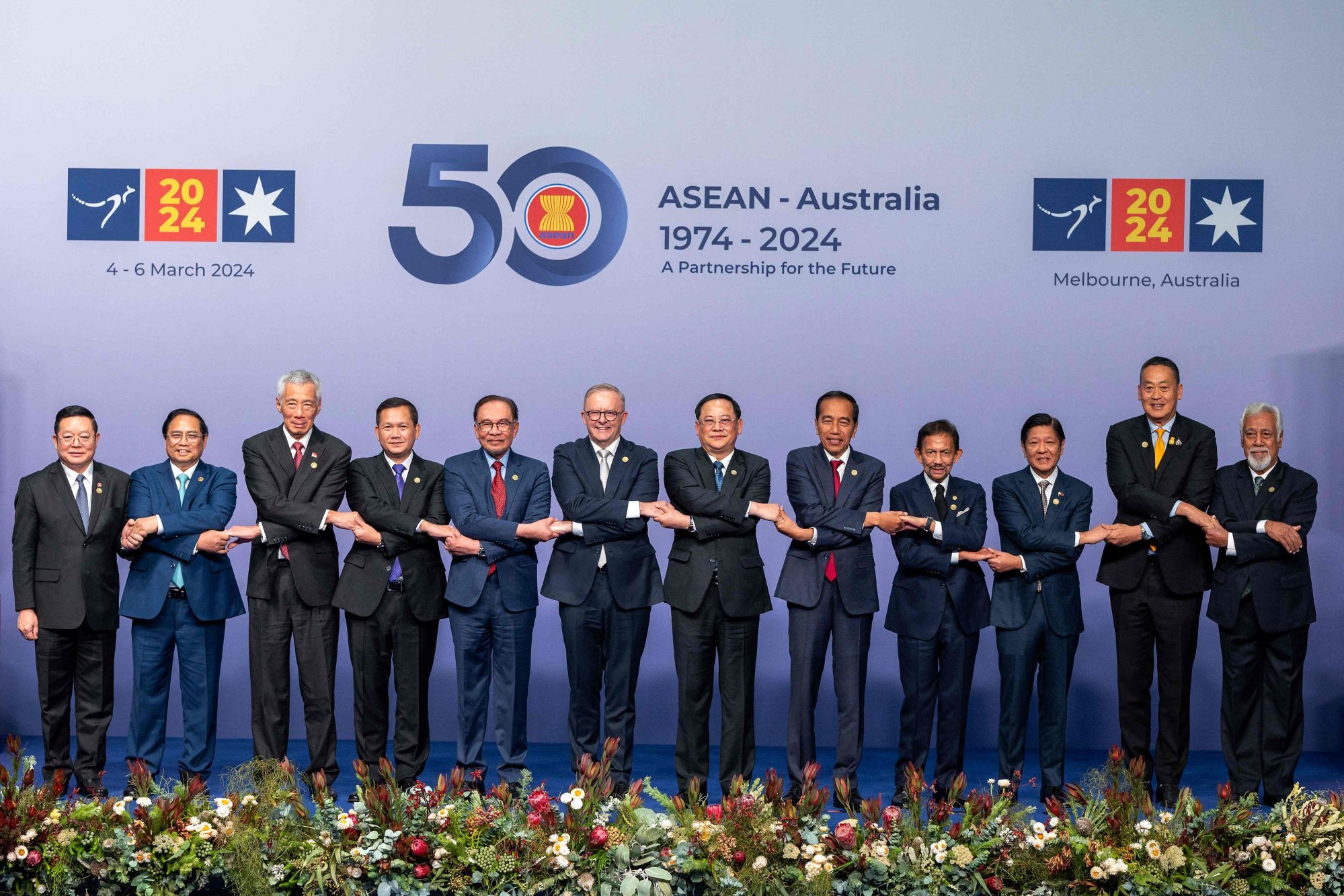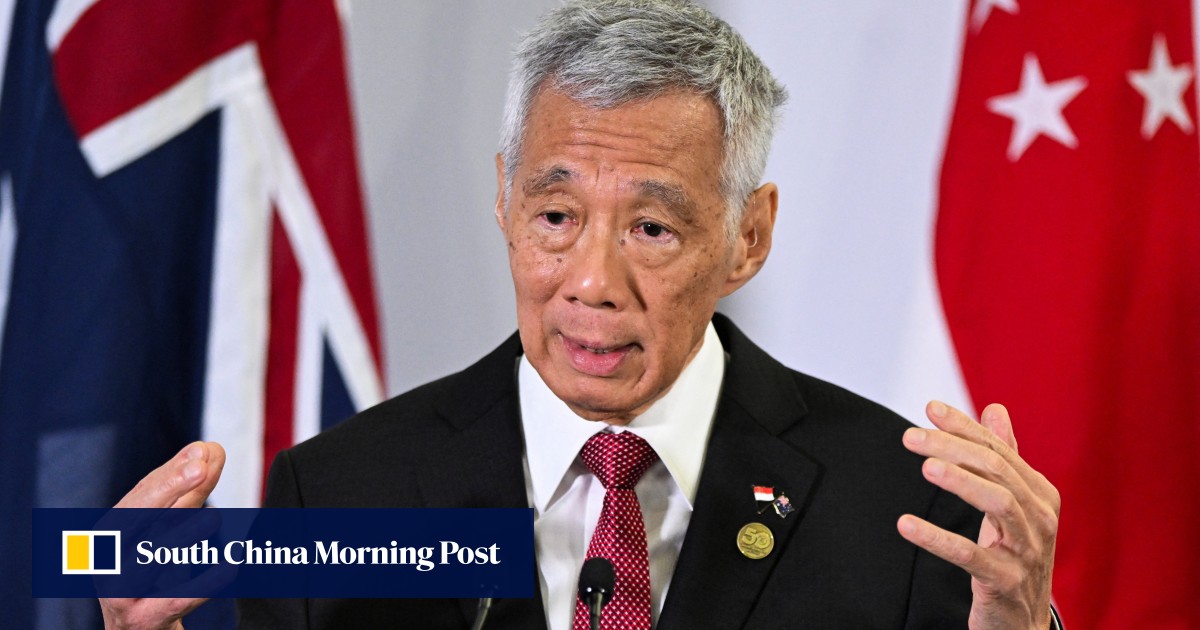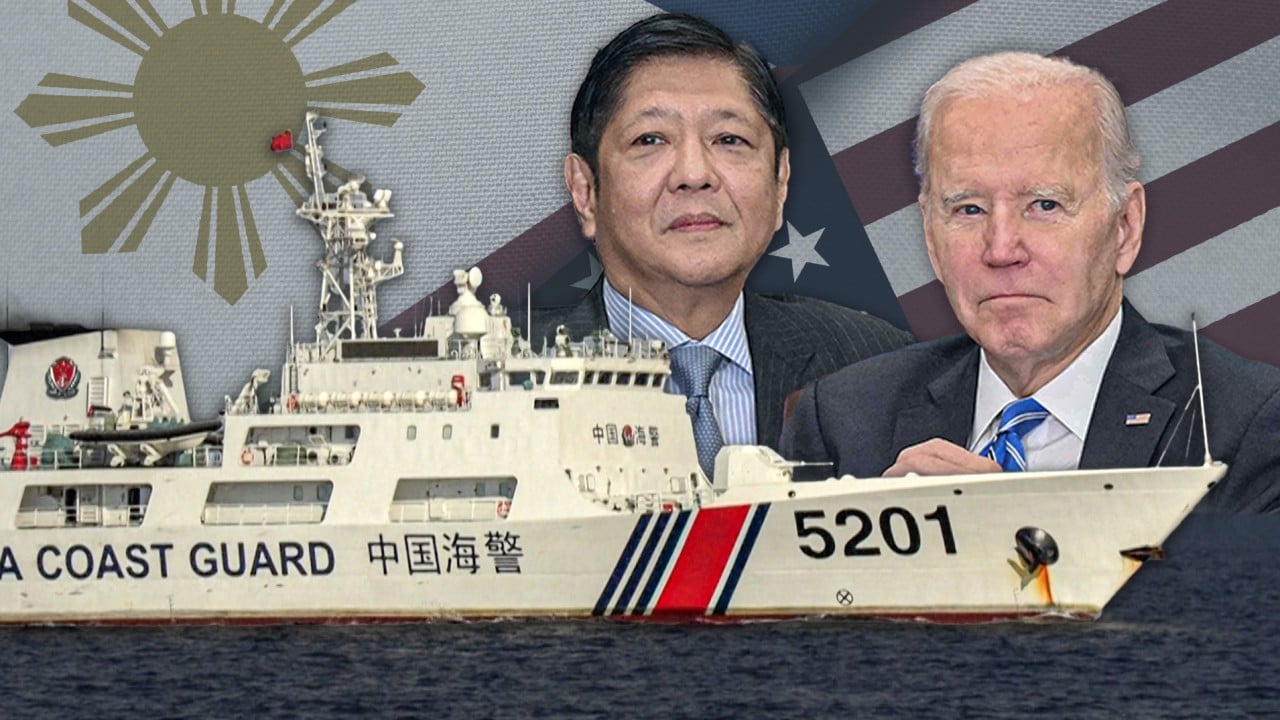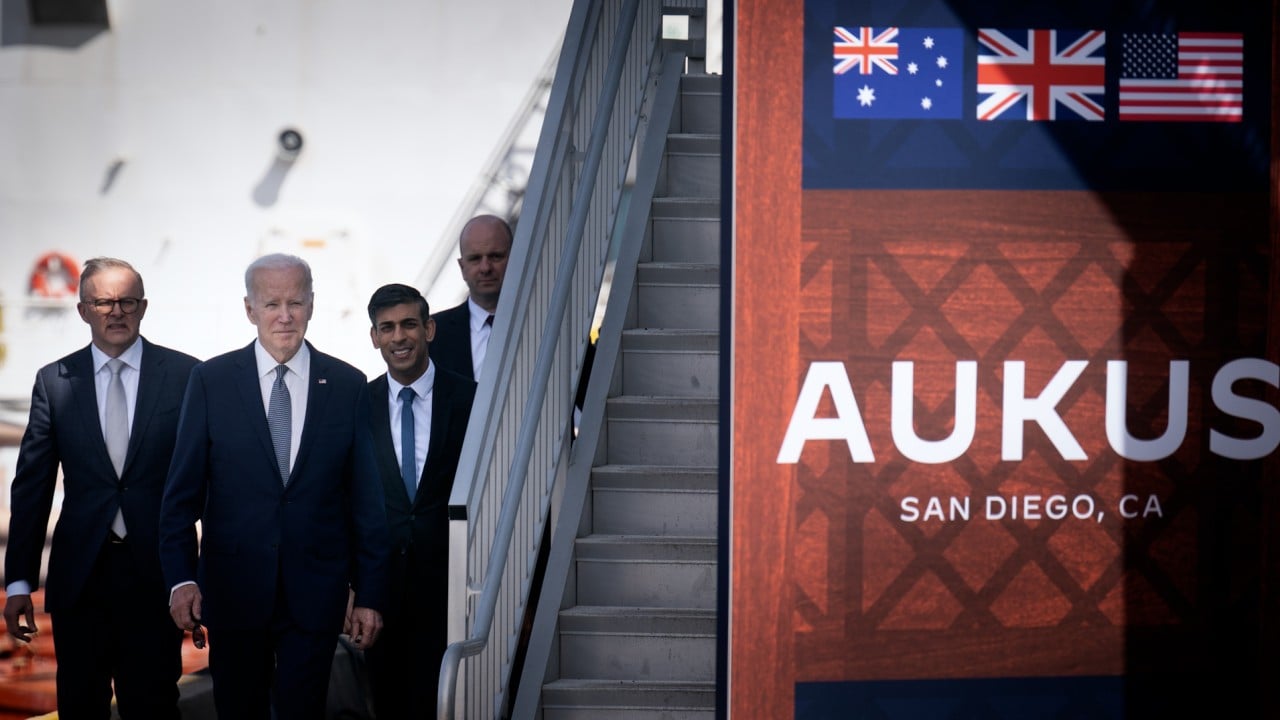“This will fit into a long-standing pattern of cooperation between Australia and Singapore, let alone Singapore and any range of other regional partners, including China,” according to analyst Tom Corben.
“Singapore also provides access to Chinese assets regularly,” said Corben, a foreign policy and defence research fellow at the University of Sydney’s United States Studies Centre.

At a press conference on Tuesday, Singapore’s Lee said Asean states had a common stance in producing a South China Sea code of conduct with Beijing. While negotiations had gone on for two decades, Lee said more time was needed still.
Asked about the differing positions within Asean on Beijing, he said the bloc had a “common position on the South China Sea, [but also has] different national perspectives”.
“Some Asean countries like Singapore do not have claims in the South China Sea, but we have an interest in freedom of navigation and the application of international law,” Lee said.
“There are four Asean members … who are claimant states in the South China Sea. And these claims overlap with each other, and overlap with claims by China. And so the positions we take on those claims are different depending on where we stand.”
‘Natural’ for Japan to play larger Aukus role, but likely not as partner
‘Natural’ for Japan to play larger Aukus role, but likely not as partner
Analysts said Singapore’s reiteration it would host Australian submarines was likely to provoke China.
“Beijing has very vociferously voiced its opposition to Aukus from the start and alleged that Australia, the US and the UK are somehow destabilising the strategic situation in the Indo-Pacific through this cooperation on nuclear-powered submarines,” Corben said.
“Because of the controversial nature of Aukus, and notwithstanding Singapore’s long-standing role as a friends-to-all access facilitator for regional militaries, it will be interesting to see if Beijing says anything about this, specifically with Singapore in the firing lines,” he added.
Warming up to Aukus?
According to Collin Koh, a research fellow at the S. Rajaratnam School of International Studies in Singapore, the premise of Lee’s statement was to “underscore the consistency of Singapore’s policy”.
“This policy should have been something Singapore’s Asean neighbours are aware of. It made clear this stance right from the beginning, even when Indonesia and Malaysia were vocally speaking out against Aukus,” he said.
Singapore has been receptive to the Aukus alliance, and supported Australia’s plan to deploy the submarines from its early stages. In contrast, Indonesia and Malaysia had initially been critical of Aukus’ presence in the region, raising concerns that it signalled furthered militarisation in the region and heightened risks of nuclear proliferation.
Asean can add momentum to Australia’s call for US-China detente: ex-minister
Asean can add momentum to Australia’s call for US-China detente: ex-minister
But observers say Canberra has been reaching out to its partners within Southeast Asia to allay such concerns, and to make sure they are “suitably briefed on what Australia is doing on this front”.
“The Philippines went on record fairly early in the piece to say that it supported Australia’s decision … Vietnam has also done so quietly,” Corben noted.
“You have also seen a bit of a change in the way that Indonesian diplomats speak about Aukus … they’re less hostile about it,” he added. “Their public position is not exactly of acceptance, but a willingness to work with these agreements to ensure that the region remains stable.”
However, Singapore welcoming Australia’s nuclear-powered submarines should not be “misinterpreted” as a signal that the city state would become a formal part of the Aukus agreement, Corben said, also pointing out that Australia was several years away from acquiring the fleet.
Koh concurred, saying that Singapore’s position was “simply in line with its policy to welcome port calls by friendly partners, Australia being one”.
“This reiteration is aimed at underscoring Singapore’s agency on Aukus, based on [its own] national interests,” he added.
Additional reporting by Bloomberg



